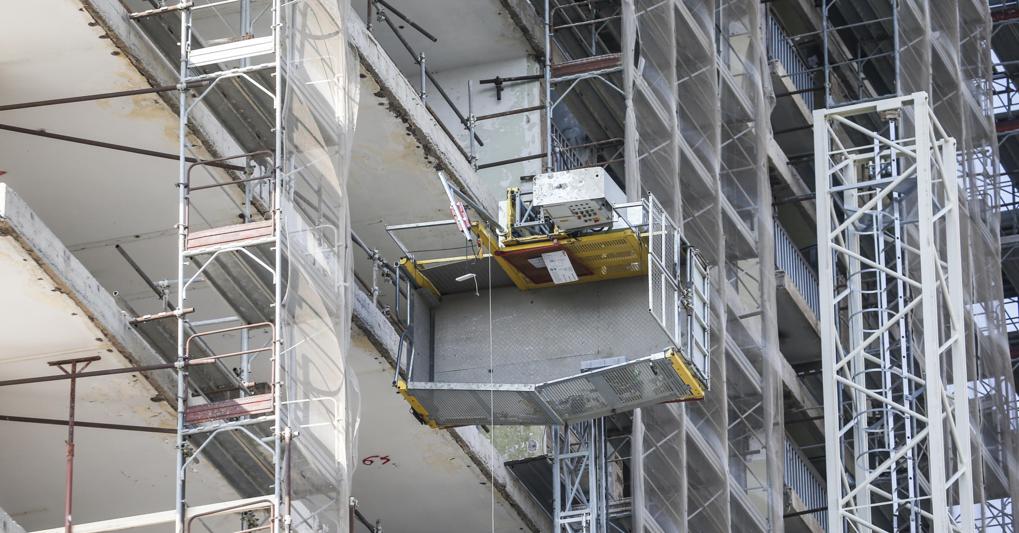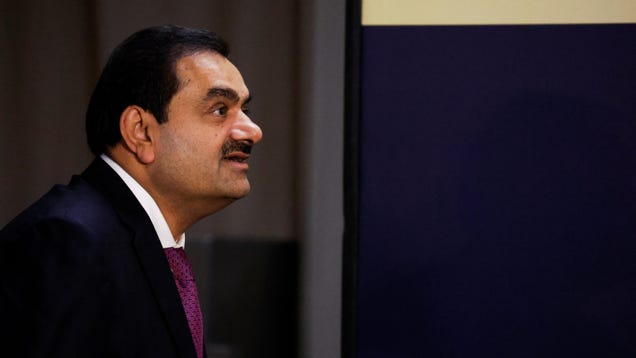By BAGEHOT

IT TELLS you a lot about David Cameron’s dinner in London last night with Donald Tusk that the press could not subsequently decide whether it was a coup or a disaster for the prime minister and his plan to renegotiate Britain’s EU membership. On the one hand the European Council president bluntly commented “no deal” as he swept out. His team confirmed that it would not be circulating a proposal today—and possibly not tomorrow either, if remaining differences cannot be ironed out. On the other hand Downing Street was upbeat, describing as a “significant breakthrough” the news that “the Commission have tabled a text making clear that the UK’s current circumstances meet the criteria for triggering the emergency brake” (a four-year benefits freeze for incomers).
Ongoing disagreements concern Britain’s demands for protections for non-eurozone EU members (France is unhappy at what it sees as an attempt to secure preferential treatment for the City of London) and rules governing spousal visas for immigrants. But the main sticking point remains the emergency brake; specifically for how long it should apply. On Friday, after a meeting in Brussels with Jean-Claude Juncker, the president of the European Commission, Mr Cameron dismissed a proposal for a two-year brake with a possible two-year renewal (an option apparently too obviously designed to stifle British opposition to the EU until the referendum is safely won). Now the prime minister is reportedly pushing for a seven-year brake, one that would outlast his premiership and dump the question of its renewal—almost certainly in the power of the European Council or Commission—onto his successor.
Treat much of this with caution. Leaks and statements from both London and Brussels are part megaphone-negotiation (each side warning the other not to push too hard) and part shadow-boxing designed to give an exaggerated impression of the struggle between the two sides—the better for Mr Cameron to sell a final deal to his MPs and voters and for Mr Tusk to persuade the EU’s other 27 governments to wave through an agreement at the summit on February 18th and 19th. That latter process may prove trickier than the initial deal between London and Brussels. Central European governments are wary of creating a precedent whereby their nationals in Western Europe are treated as second-class workers (situating the power to hit the brake in Brussels, rather than in national capitals, may help on that), while governments in Austria, Sweden, Denmark and even Germany are threatened by populist parties pushing hard for local versions of Mr Cameron’s renegotiation.
Mr Cameron’s demands, it must be conceded, are not ground-breaking and do not amount to the drastic reshaping of Britain’s EU membership that he declared necessary in his Bloomberg speech in 2013, in which he first committed to an in-out referendum. Tightening migrant benefits is the most contentious of his four “baskets” of demands. The others are protections for euro-outs (which goes with the grain of existing shifts in Brussels), an anti-red tape drive (ditto) and an end to the mantra of ever-closer union (effectively killed off at a Council summit in 2014, which concluded that “the concept of ever-closer union allows for different paths of integration… while respecting the wishes of those who do not wish to deepen any further”).
Yet none of this need be fatal for the referendum. Despite the rhetoric, the renegotiation was only ever going to be a symbolic exercise; a illustration of Britain’s ability to influence the agenda in Brussels and an acknowledgement of swing voters’ concerns, however inaccurately or impartially they reflect the reality. Mr Tusk’s readiness to declare the effect of migration on Britain’s public services an “emergency” (it is not, nor do many EU migrants move there to claim benefits) indicates his willingness to play along with this. If Mr Cameron leaves the summit on February 19th with an agreement that nods to Britain’s domestic EU politics—he claims he is willing to wait for a good deal, though in practice knows that his chances of winning the referendum improve the sooner he holds it—he stands a good chance of keeping the country in the union at the polls, perhaps as soon as June.
Why? The Out campaign is divided, struggles to rally around a single vision of what Britain outside the union would and should look like and, best of all for Europhiles, might yet end up essentially run by the chaotic and controversial UK Independence Party and its allies. Combined with Mr Cameron’s large lead over his Labour rivals, that seems to be nudging all but the most die-hard Brussels bashers into the In camp. Boris Johnson and Michael Gove, both spoken of as prospective leaders of the Out campaign, are reportedly on-board. Where anti-EU leaders once boasted that 100 or more Tory MPs would support Brexit, that now looks a shade optimistic. Writing in yesterday’s Sunday Times, Mark Pritchard, a rebellious Eurosceptic back bencher, unexpectedly endorsed continued membership: “In an unsafe world, Britain is safer in the EU.”
The electorate is leaning towards this position. too. The polls, it is true, suggest the race is narrow. But looking just at phone voting (more representative than the cheap-and-easy online sort) suggests that In has a solid if unspectacular lead. Voters tend to err towards loss aversion in referendums and broadly respect Mr Cameron (the comparison with the leaders of both the Labour Party and the Out campaign is favourable) to the extent that, if he brandishes a “renegotiated” settlement (however superficial) and says it accentuates the pragmatic case for Britain to stay in the EU, he stands a good chance of persuading enough wavering Eurosceptics to hold their noses and vote In. Upsets are still possible—a long campaign could give the anti-EU forces the time to build momentum, a long summer of refugee chaos on the continent or another Paris-style terror attack could turn the referendum into a proxy vote on immigration, an unexpected domestic policy failure could kill Mr Cameron’s relative popularity—but all else being equal Britain will probably vote to remain in the EU. For how long this settles the question, of course, is another matter.
Note: This article have been indexed to our site. We do not claim legitimacy, ownership or copyright of any of the content above. To see the article at original source Click Here













